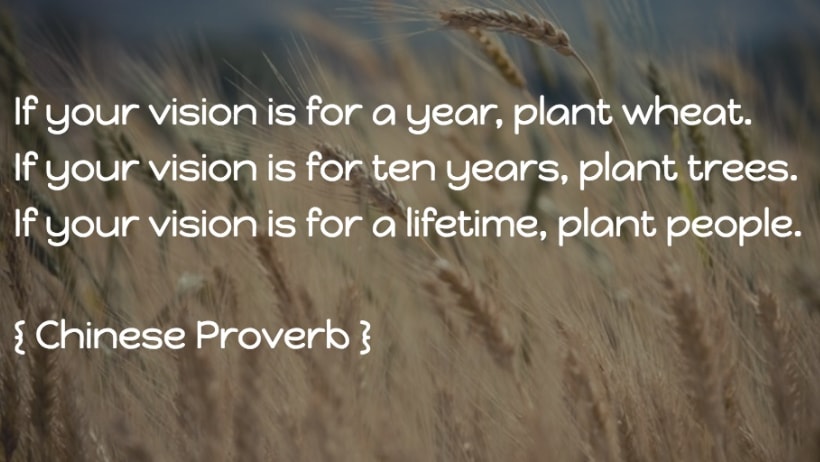When we talk about “planting the seeds of change” or “reaping what you sow,” we’re not merely speaking in metaphors. Certainly there are examples of nature and agricultural symbolism throughout our sacred texts, but this week we learn that the laws of the land (the literal land) are directly related to how we establish a just and equitable society.

This week we read from parshat Behar, the penultimate section of text in the book of Vayikra. The text details the laws of the returning of the land in Israel during the shmitta(jubilee year) and how slaves and land are returned to their prior status. We also read about what happens to Jewish-owned land in the diaspora in the jubilee year and how we are to help those who are in need within our own communities. The text ends with another warning against idolatry.
The Torah also uses a significant amount of space dealing with agricultural laws, which is odd given that the name of the Torah portion is Behar, which means “on the mountain.” We’re talking about a mountain in a desert far from a farming community, and yet here we receive all sorts of laws that don’t apply (yet). As you might expect, the commentators found this odd and looked for an answer.
One medieval commentator shares that perhaps we received these laws at Sinai because at that point no one owned any land yet, so no one could object that a particular law deprived people of what they had worked to acquire. In other words, it is much easier to impose laws at the outset before other norms or traditions become standard operating procedure. The system described is the precursor to the way in which modern Judaism champions social justice.
Or perhaps teaching laws of agriculture among laws of equality and justice is, like much of our religion, symbolic of both the deeply rooted tradition and the potential for growth. The power of social change is the power to change the world. As Jews we may be relatively small in number, but we are mighty as a people.
-Rabbi Eve Posen
Source: Seeds of Change – Parshat Behar 5776 – Rabbi Eve Posen



